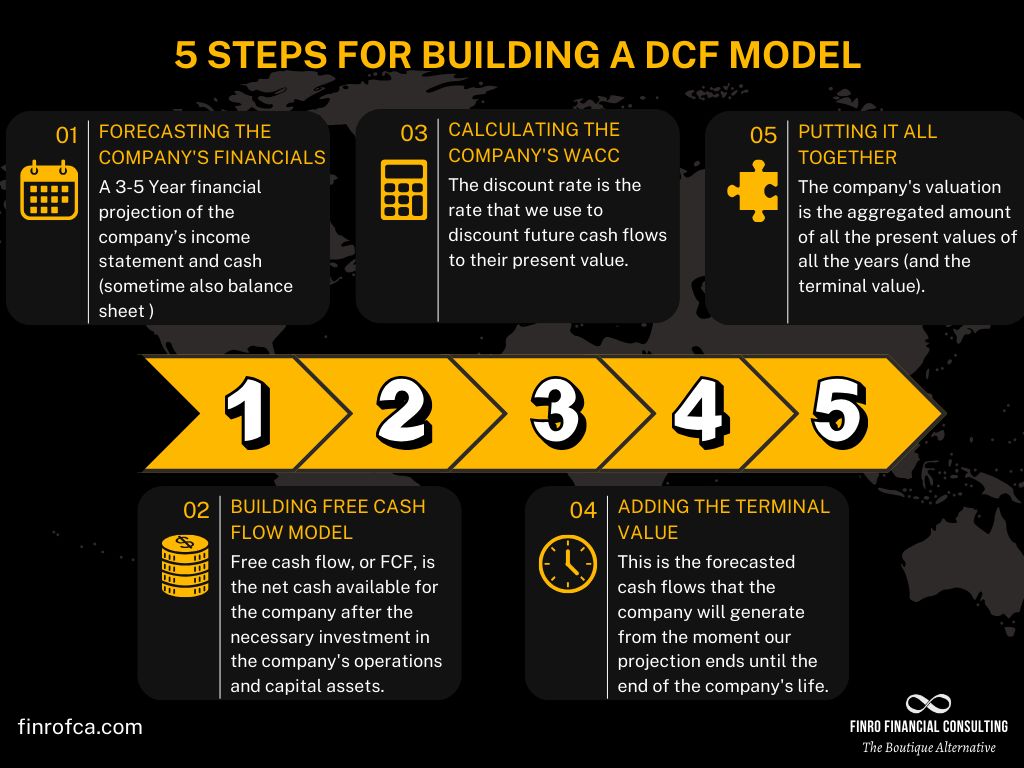
Last night, we discussed angel investment and valuation, which is a crucial point in the discussion. Valuation is essentially the price.
If you want to bring in $150,000 from an angel investor, the immediate question will be, "at what valuation?" Sometimes referred to as "pre-money valuation," the valuation will change to "post-money valuation" once the deal is finalized and cash is received.
Your answer determines the equivalent of an asking price for your deal. For example, if you say $500,000, you are offering the investor 30 percent of your company for $150,000. If you say $300,000, you are offering 50 percent, and if you say $1 million, it means you’re only offering 15 percent.
Now, the question arises: How do you determine your starting business valuation?
To answer that, firstly calculate your starting costs. This includes the expenses and assets you need at the starting point, excluding cash.
Next, calculate your cash flow. Estimate the amount of money required to cover the deficit spending until you reach a break-even level of cash flow.
Determine your break-even point, which shows what you need to achieve cash flow break-even.
Set the investment amount based on these calculations. This is the amount you need from investors. Then, decide how much of your company you are willing to offer in exchange for that investment.
Consult with a professional who has experience in startups and dealing with angel investors. They can help you assess the best approach for attracting investors.
Ultimately, the attractiveness of your offer depends on various factors such as the overall business offering, the capability of your team, the defensibility of your product, and the market potential.
Experiment with what you offer. If you’re new to startups and have little track record, setting a realistic valuation, like $750K, may be necessary to attract an investor. Alternatively, if you have an experienced team and an attractive product, you can set a higher valuation, such as $1.5 million.
In conclusion, determining the initial valuation when seeking investment requires careful consideration of all these factors.
Hello!
I’m Andrew Brooks, a seasoned finance consultant from the USA and the mind behind phonenumber247.com.
My career is built on a foundation of helping individuals and businesses thrive financially in an ever-changing economic landscape. At phonenumber247.com, my aim is to demystify the complex world of finance, providing clear, actionable advice that can help you navigate your financial journey with confidence. Whether it’s personal finance management, investment strategies, or understanding the nuances of market dynamics, I’m here to share insights and tools that can propel you towards your financial goals.
Welcome to my digital space, where every piece of advice is a step closer to financial clarity and success!
